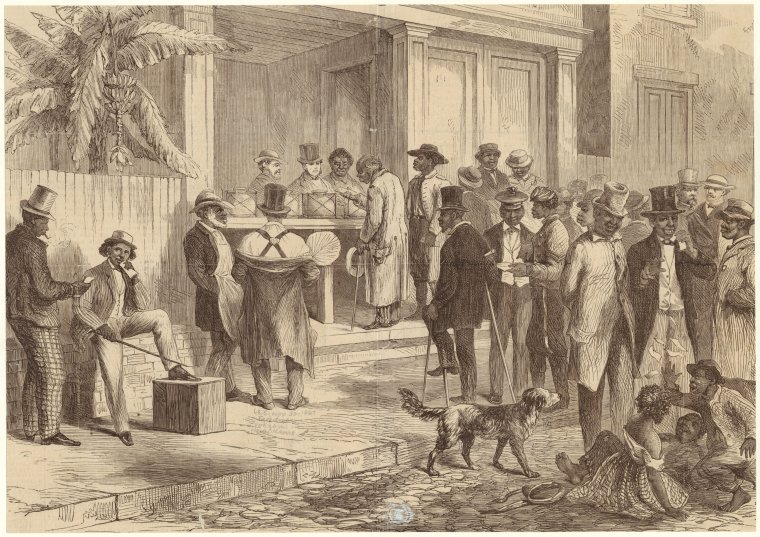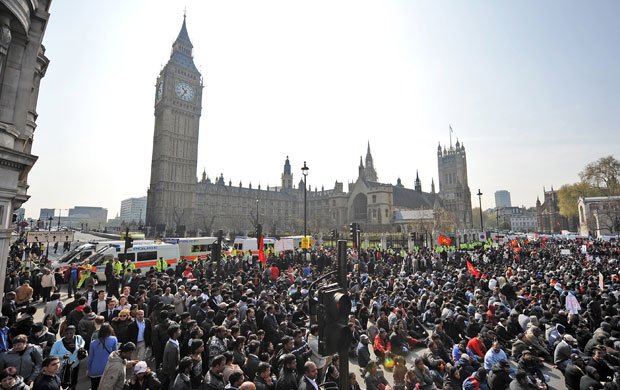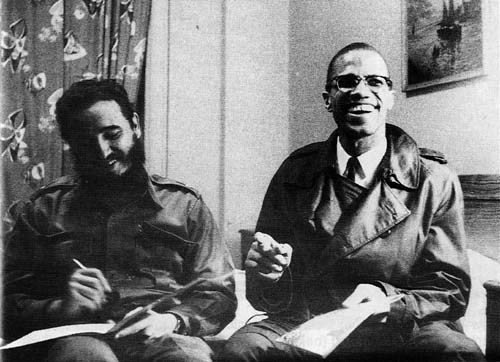national question
Sri Lanka: The politics of the Frontline Socialist Party -- interview with Premakumar Gunaratnam
Premakumar Gunaratnam. Photo by Peter Boyle.
For more coverage of Sri Lanka and the Tamil struggle, click HERE.
August 8, 2012 -- Links International Journal of Socialist Renewal/Green Left Weekly -- Premakumar Gunaratnam, an ethnic Tamil from Sri Lanka, who now has Australian citizenship, returned to his home country in September 2011 to help organise the launch of a new left party, the Frontline Socialist Party (FLSP), a major breakaway from the Janatha Vimukthi Peramuna (JVP, People’s Liberation Front). He had been a JVP activist for three decades and a member of its underground political bureau since 1994. In an extensive interview with Peter Boyle for Links International Journal of Socialist Renewal and Green Left Weekly, Gunaratnam reported how he was abducted by a group of armed men between 4 am and 5 am on April 7, just two days before the scheduled launch of the new party.
United States: Far right and Republicans attempt roll back of constitutional equal rights

Former enslaved African Americans vote in New Orleans, 1867, during the "Radical Reconstruction" period.
By Malik Miah
May 25, 2012 – Links International Journal of Socialist Renewal -- The “Reconstruction amendments” — the 13th, 14th and 15th amendments to the United States constitution — are being targeted in many of the far-right “Tea Party” and Republican campaigns against the rights of immigrants and women, marriage equality and gay rights, and voting rights for African Americans and other minority ethnic groups.
The racist tinge of many of these attacks, whether openly stated or implied, is obvious – but this does not mean that racism is more prevalent now than in the past. Rather, the smear campaign against President Barack Obama’s mixed background and dark skin is calculated to appeal to the most extreme backward elements of the Republican Party.

Tamils protest in London, April 2009, during the Sri Lankan government's brutal war to crush the Tamil movement for national rights.
By Ron Ridenour
February 20, 2012 – Links International Journal of Socialist Renewal -- Brace yourselves Tamils in and from Sri Lanka! The United Nations Human Rights Council will not grant you justice at its 19th session, on February 27-March 23, 2012 or, perhaps, in any foreseeable future.
Until the past few weeks it looked as though the “international community” (US, UK-Europe, Canada, Australia, Japan), the east (Russia, China, India, Pakistan, Iran), the Middle East-Libya/Africa and the progressive global South (Cuba-ALBA+, South Africa) were content with ignoring Sri Lanka’s war crimes and crimes against humanity.
Scotland's left on independence referendum: For an 'anti-austerity yes vote'

Statements on the Scottish independence referendum by the Scottish Socialist Youth, the International Socialist Group (Scotland) and the Scottish Greens.
By Andy Bowden
January 10, 2012 -- Scottish Socialist Youth -- After almost a year since the Scottish National Party’s landslide victory we have a date – autumn 2014 for the most important referendum in Scottish history, on whether or not we stay in a union [the United Kingom] dominated by the right wing, a state that invaded Iraq, imposes nuclear weapons on the Clyde, destroyed Scotland’s industrial base, or whether we become an independent nation with the power to fundamentally change Scotland for the better and which reflects the left of centre political terrain instead of being dominated by the Tory home counties.
Biography uncovers forgotten lessons of Sri Lanka’s JVP
Review by Ben Courtice
Transnational Government of Tamil Eelam seeks support from Cuba and Latin America

Visuvanathan Rudrakumaran.
By Ron Ridenour
October 4, 2011 -– Links International Journal of Socialist Renewal -- “We Tamils, inside and outside the island of Sri Lanka, still want an independent state. And because the war crimes and severe brutality of the Mahinda Rajapaksa government against our people has become well known, our cause is being spoken about all over the world”, Visuvanathan Rudrakumaran told me recently in Manhattan, New York.
A positive sign of recognition for Tamil rights is the dramatic Channel 4 UK documentary, Sri Lanka Killing Fields, shown first at a June Human Rights Council session and then worldwide.
Rudrakumaran is prime minister of the Transnational Government of Tamil Eelam (TGTE), and a prominent activist in the diaspora. He earned law degrees from the University of Colombo and Southern Methodist University. He later studied and wrote articles about self-determination at Harvard Law School
Black liberation and the Communist International

Claude McKay.
By John Riddell
September 11, 2011 -- This article also appears at http://johnriddell.wordpress.com, posted at Links International Journal of Socialist Renewal with John Riddell's permission -- The influence of the Communist International was decisive in the early 1920s in winning a generation of black revolutionaries to Marxism. On this the historians agree. But what did this influence consist of, and how was it exerted?
Evolution not 'reinvention': Manning Marable's Malcolm X

Malcolm’s political evolution was influenced by his own experiences and his discussions with Fidel Castro an
Québec Solidaire: A Québécois approach to building a broad left party

Amir Khadir, currently Québec solidaire's sole member of the Quebec legislature, the National Assembly.
Nationality’s role in social liberation: the Soviet legacy

Painting slogans for the Congress of the Peoples of the East, September 1920, Baku. Photo from IISG.
By John Riddell
July 21, 2011 -- http://johnriddell.wordpress.com, posted at Links International Journal of Socialist Renewal with the author's permission -- Just under a century ago, the newly founded Soviet republic embarked on the world’s first concerted attempt to unite diverse nations in a federation that acknowledged the right to self-determination and encouraged the development of national culture, consciousness and governmental structures. Previous major national-democratic revolutions – in Britain, France, Germany, Italy, the United States – had been made in the name of a hegemonic nation and had assimilated, marginalised or crushed rival nationalities. The early Soviet regime, by contrast, sought to encourage, rather than deny, internal national distinctiveness.
By Norm Dixon
A history of oppression: the Tamils of Sri Lanka

By Danielle Sabai
June 2, 2011 -- Asia Left Observer, posted at Links International Journal of Socialist Renewal with permission -- In February 2011, the president of Sri Lanka, Mahinda Rajapaksa, celebrated the 63rd anniversary of the island’s independence. In his speech, he stressed the necessity of “protecting the reconstructed nation”, as well as protecting “one of the oldest democracies in Asia”, its unity and its unitary character.
This speech came nearly two years after the end of the war on May 19, 2009, between the Sri Lankan state and the Liberation Tigers of Tamil Eelam (LTTE). The military command of the LTTE was decimated in the last two months of a merciless war that has had led to tens of thousands of deaths since the early 1980s.